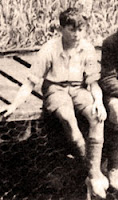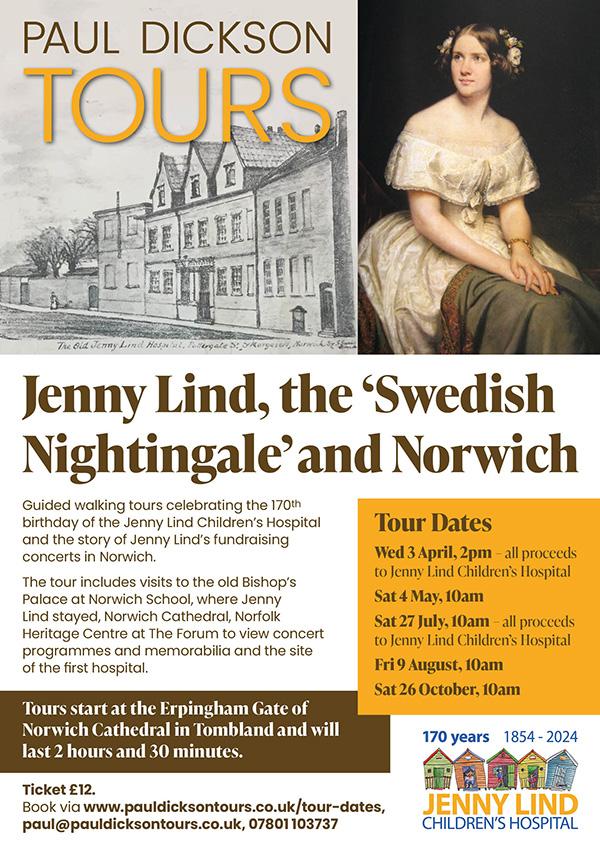A recent survey reported in a newspaper revealed that when asked, nine out of ten people in Great Britain said they were happy. On a different page it stated that for the fifth year running we have the highest number of cocaine users in all of Europe. Around three million between the ages of fifteen and twenty-four have used the Class A drug. This was the finding of the European Monitoring Centre for Drugs and Drug Addiction. It was not said if any of these were included in the survey of ‘happy’ people.
Going about our daily chores it would be difficult to accept that only one in ten of the people we meet are not happy. Of course, much depends on the researcher’s interpretation of happiness and if they happen to question individuals at work or play, alone or in a crowd or what their circumstances are at that precise moment. Any one of those surveyed might give a different response if the same question had been put to them a few hours later. There are many interpretations of ‘happy’.
Did You Know? Happiness is not something that is permanent and when achieved it has to be worked at if it is to be maintained. We all have good days when everything seems to go our way as well as bad days when nothing goes right. It is assumed you are happy when you are having fun doing something you enjoy or are with someone you are fond of but there are many other kinds of happiness. A young child is always considered to be happy when it is content, yet an adult does not necessarily have to be happy to be content or vice versa. It all comes down to how it is interpreted. Being sad or discontent does’nt mean that a person can’t experience a few hours of pleasure doing something they enjoy. Generally, when we refer to someone being happy, we mean in a specific situation at a certain time.
 It is often said that the children of today, unlike their forefathers, do not have any fun. Many reasons are given to explain this but it seems that the uncertainties of our modern Society are blamed as being chiefly responsible for their lack of freedom. Can this mean they are unhappy most of the time? ‘I’m bored’ seems to be a statement often expressed by young teenagers. So why don’t they do something they enjoy and get satisfaction from doing? The answer might be that gradually over the last fifty years young children have been strictly managed and given all that it was thought was needed to keep them occupied and content. Today they no longer have to use their imagination and make do with what they already have in the same way many of their grandparents did. Everything has to be regularly updated.
It is often said that the children of today, unlike their forefathers, do not have any fun. Many reasons are given to explain this but it seems that the uncertainties of our modern Society are blamed as being chiefly responsible for their lack of freedom. Can this mean they are unhappy most of the time? ‘I’m bored’ seems to be a statement often expressed by young teenagers. So why don’t they do something they enjoy and get satisfaction from doing? The answer might be that gradually over the last fifty years young children have been strictly managed and given all that it was thought was needed to keep them occupied and content. Today they no longer have to use their imagination and make do with what they already have in the same way many of their grandparents did. Everything has to be regularly updated.
 Girls and boys used to have very different roles. Probably because their first instincts were to copy their parents and being part of a stable family with a set daily routine made this a natural thing to do. Girls played with dolls and improvised where necessary to imitate their mothers going about their daily chores. The boys had a wider choice. If their fathers job was not glamorous enough they could easily choose one of their favourite occupations like a Carpenter, Train Driver, Fireman etc.. The only time brothers and sisters came together was later when they were a little older and played ‘Mothers and Fathers’. As they grew up their pastimes changed but they retained the ability to plan and improvise which later on helped them achieve their aims.
Girls and boys used to have very different roles. Probably because their first instincts were to copy their parents and being part of a stable family with a set daily routine made this a natural thing to do. Girls played with dolls and improvised where necessary to imitate their mothers going about their daily chores. The boys had a wider choice. If their fathers job was not glamorous enough they could easily choose one of their favourite occupations like a Carpenter, Train Driver, Fireman etc.. The only time brothers and sisters came together was later when they were a little older and played ‘Mothers and Fathers’. As they grew up their pastimes changed but they retained the ability to plan and improvise which later on helped them achieve their aims.
 Having a strong family background gave children the foundation on which to build their character. There was the discipline of sitting round the table for meals three times a day when they learned good manners by example from their parents. Having to wait until a birthday or Christmas for something was exciting and although what they got was sometimes inferior to what they really wanted, they made the most of it.
Having a strong family background gave children the foundation on which to build their character. There was the discipline of sitting round the table for meals three times a day when they learned good manners by example from their parents. Having to wait until a birthday or Christmas for something was exciting and although what they got was sometimes inferior to what they really wanted, they made the most of it.
It soon became apparent to youngsters that the longer they had to wait and make sacrifices to get what they wanted, the more the excitement built up and as the time got nearer the stronger the satisfaction and appreciation became.
 Happy days and miserable days! We have all had them and probably always will. However, I feel sure we can feel much better if we always make an effort to look on the bright side of things. Let us give more thought to the pleasures that can be derived from helping someone else. Even if it only means holding a door open or giving up your seat on a bus for someone more frail than yourself. Nothing can be more satisfying than being with a crowd of content, fun loving people who are all happy to look out for each other.
Happy days and miserable days! We have all had them and probably always will. However, I feel sure we can feel much better if we always make an effort to look on the bright side of things. Let us give more thought to the pleasures that can be derived from helping someone else. Even if it only means holding a door open or giving up your seat on a bus for someone more frail than yourself. Nothing can be more satisfying than being with a crowd of content, fun loving people who are all happy to look out for each other.
valley lad – [SIXTY]









